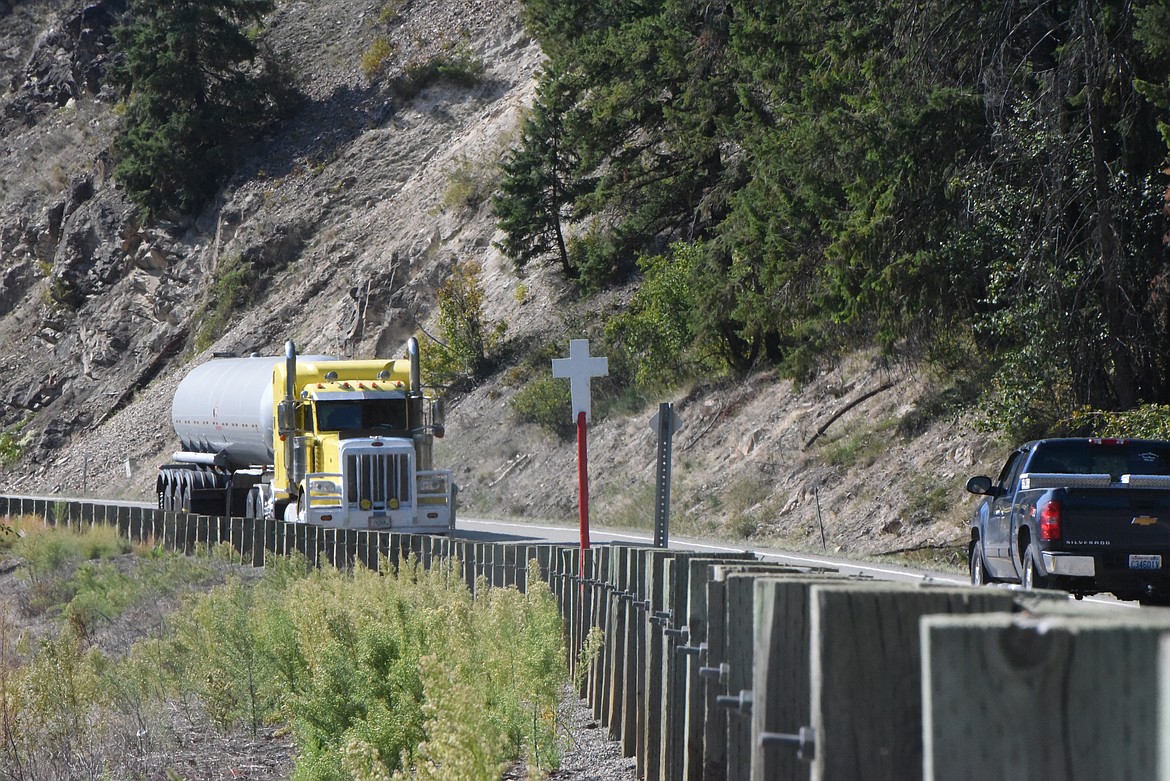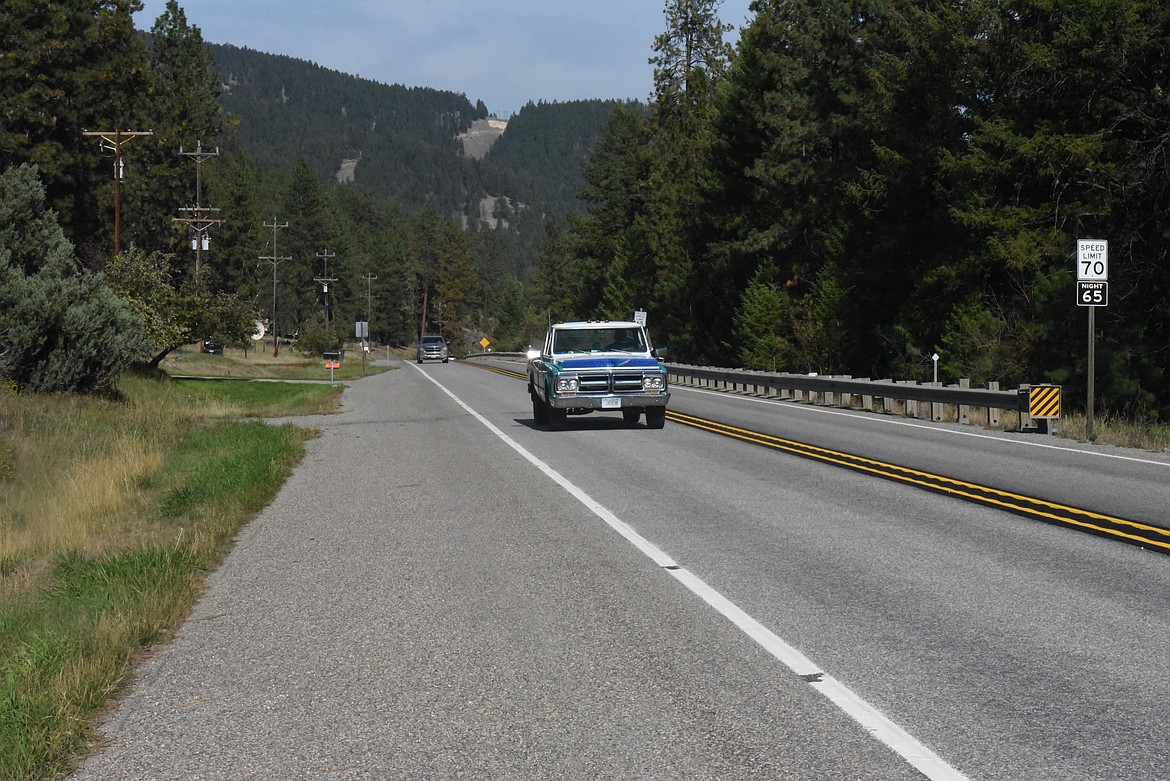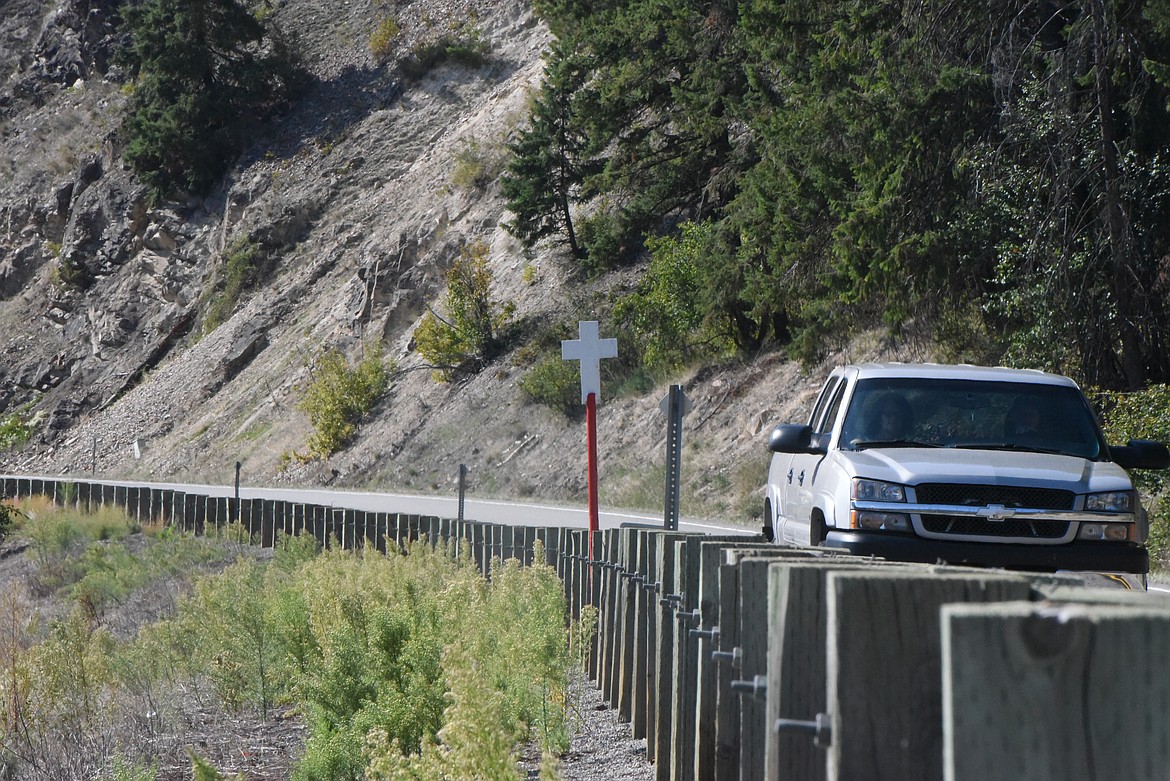Tapping the brakes: Residents want to see speed limit on state highway lowered
A group of residents along state Highway 37 want to see the speed limit dropped to 55 miles per hour, saying the thoroughfare has grown increasingly busy and dangerous in recent years.
They presented the Lincoln County Board of Commissioners with a petition, signed by 225 people, calling for the speed limit reduction on Sept 1...
Become a Subscriber!
You have read all of your free articles this month. Select a plan below to start your subscription today.
Already a subscriber? Login





